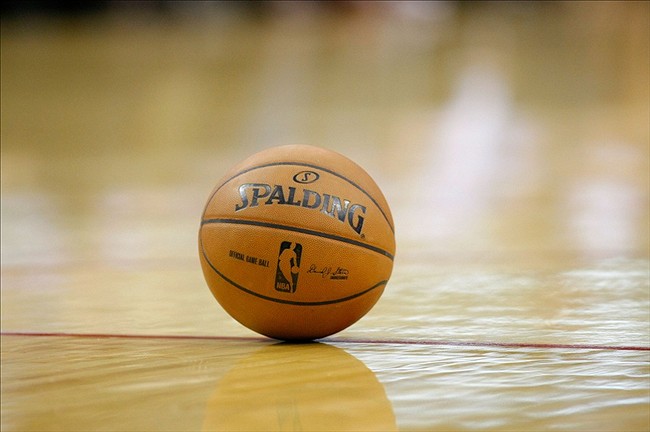Coleman is in his 22nd season as the Colonials part-time head coach, but he has always had another full-time job in addition to his duties on the field. He worked as a psychiatrist for the first 14 years with the team, and has served as RMU’s athletics director for the past seven seasons.
A native of Philadelphia, Pa., Coleman began coaching softball while he was an undergraduate student at Pennsylvania. His sister was in high school and played fast-pitch softball, and he coached her summer travel teams for a number of years. Even after he went off to study medicine at Penn State’s School of Medicine in Hersey, Coleman would commute back and forth in order to continue coaching the summer teams.
After earning his degree, Coleman moved to Pittsburgh to do his residency in child and adolescent psychiatry at Pitt’s School of Medicine — the Western Psychiatric Institute and Clinic. He completed his residency and was hired to the faculty, working in the clinic and teaching.
“I was working with kids with psychiatric disorders — suicidal kids, behaviorally disturbed kids, psychotic kids,” Coleman said.
But he couldn’t stay away from his passion of coaching softball, so he began working with high school kids and coaching traveling teams.
“Coaching is my passion and my therapy all rolled up into one,” Coleman said.
And, in 1991, he applied for and got the RMU head coaching position.
“It allowed me to leave the hospital at four o’clock in the afternoon — often I’d go back after practice and finish up rounds — where [was] I dealing with really sick, suicidal kids,” Coleman said. “I was able to leave that world and get away for a few hours with my team. I really used all of my vacation time from my job at Pitt to coach — either with team travel or recruiting in the summer.”
Lauren Dickinson was a star pitcher for Coleman before assuming the role as assistant coach in 2004.
“We really had no idea how he did it, because he was always there,” Dickinson said. “I do remember him taking phone calls now and then, but when we had practice, he was always there.”
While Coleman made his dual careers work, there did come a time when he began to reach burnout in the medical field. At the same time, RMU’s athletics director Susan K. Hofacre was struck with uterine cancer, and died in January 2005. The school president asked Coleman if he would be interested in changing careers, and in May, he was hired as the Colonials’ new athletics director.
The new AD position made coaching a lot easier for Coleman. It greatly shortened his commute to practice, and gave him accessibility to his student-athletes like never before.
While the two career paths sound vastly different, Coleman says they are a lot more similar than people realize.
“I use the skills from my previous profession every day,” Coleman said. “There are conflicts between athletes, between coaches and athletes, between parents and kids … I find myself in having to manage or assist our coaches in managing those situations. Honestly, there are days that I’m not sure how anyone does this job without my background.”
Maybe the biggest difference between the two professions was the definition of a crisis, especially after dealing with so many life and death situations as a psychiatrist.
“My first day on the job, in May 2005, I got a phone call and the person said we have a crisis,” Coleman said. We had a lacrosse game that day and they didn’t think the field was playable. I said before we deal with that, let’s talk about definitions.”
Coleman’s background is also very useful in certain situations, and many of his coaches seek professional advice for their respective student-athletes.
“Professional boundaries dictate that I cannot treat someone that I’m coaching, but I could informally get the facts and point them in the right direction and make sure they got the help they needed,” Coleman.
“He looks out for his players as people first — not as his athletes,” Dickinson said. “He cares about their academics and personal lives rather than if they went 3-for-4 that day. I feel they end up playing better in that kind of situation.”
The most difficult part of the dual role is trying to be in two different places at the same time.
“It gets very difficult at the end of February and beginning of March,” Coleman said. “I have to travel with my team — and we’re not playing softball in Pittsburgh then. At the same time, basketball and ice hockey have conference tournaments and potential NCAA tournaments.”
Dickinson, who is now a teacher, can appreciate his schedule, but also offers support when the two roles do conflict.
“He doesn’t miss as much with the softball team as you would think, and still attends all of those other events,” Dickinson said. “He’s getting off one plane and getting on another.”
Sacred Heart athletics director Donald Cook is the school’s former baseball coach, and did both jobs for 15 years. He says balance is the key to success.
“Time management is a major issue, but even more challenging is striking a balance between time devoted to one’s sport and doing what’s right in dedicating sufficient quality time to the other sports and coaches who need my direction and mentoring,” Cook said.
Coleman seems to be striking that balance just fine. The longest-tenured coach at RMU, he is the first coach at the school to reach 500 victories. His career record currently stands at 536-473-4.







